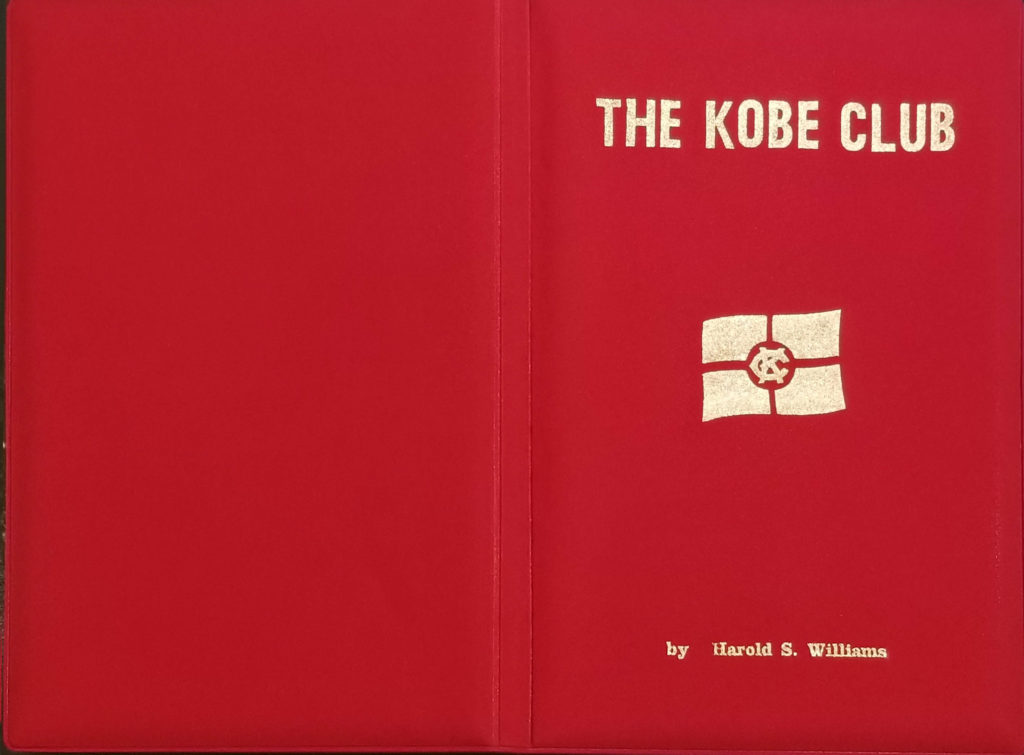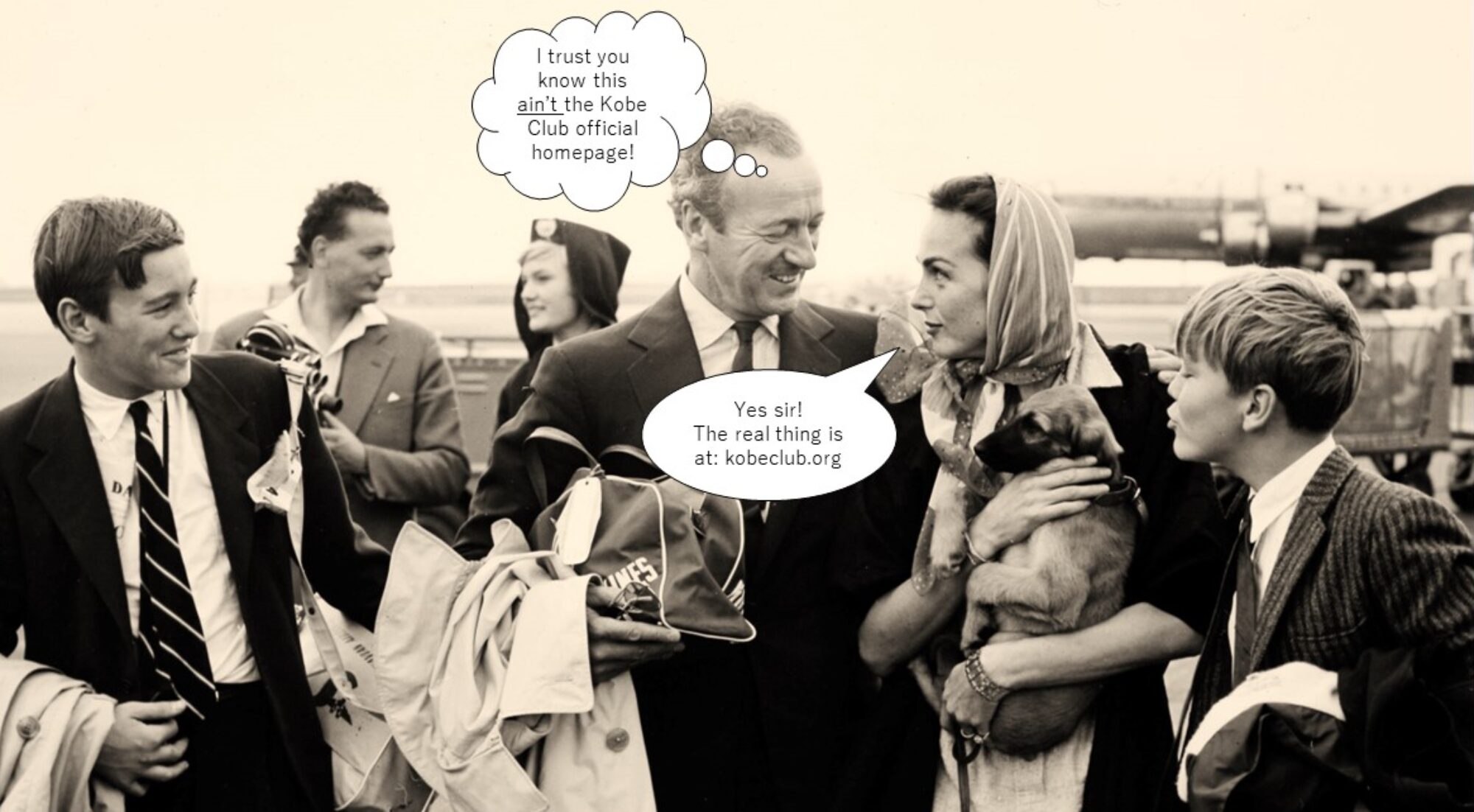The Kobe Club was founded in 1869 in the tradition of the Victorian age Social Clubs.
Built to connect the international traders, bankers and investors (mostly Free Masons) flocking to the newly opened Kobe port, Kobe Club has a central role in the internationalization of Japan.
Japan`s first Golf Course was created by Kobe Club Members, as well as the first aqueduct, hippodrome, public park, mountain resort, street gas illumination, squash court and many other innovations.
Kobe Club is unique in the sense that while it has the DNA of a Victorian Social Club, it was not based in a British Colony or area of dominant British Cultural influence.
It was founded as an “International Club” (actually this is how it was known in the first 4 years after the foundation) – and this international atmosphere is probably its strongest feature and appeal point.
Social Clubs were the place to be to connect with people who count in the business, political and artistic sphere.
While they were not a model of egalitarianism as we can judge today (many were reserved to men only and/or people of upper census/aristocracy), it is amazing how Social Clubs were THE medium that made possible the Scottish Enlightenment as well as sparkling National Unity movements in many European countries.
A Social Club is a place where Members can exchange ideas, information, referrals and build personal bonds through cultural, sport and family events.
Today the information travels on the internet and automatic translators do not make us feel the necessity of seeking refuge in an international club while we are abroad. Too many alternatives are offuscating the mission and function of Social Clubs.
Social Clubs are changing:
・some are disappearing, like the Kowloon Club in HK.
・some others are redeveloping and adjusting their image and targets as The Hong Kong Club
・some others are staying faithful to their path as The National Liberal Club. These champions of tradition are able not only to remain contemporary, they actually embody an evergreen philosophy (aka acting as a bridge between people) that is transcending all the A.I. buzz and technological gizmos that are absorbing our short-term interest nowadays.
The Kobe Club offers its Members not only a history that makes us proud and a green oasis that makes other envious, but it provides the connection to the fellowship of other amazing Social Clubs worldwide.
The Kobe Club has agreements of reciprocal exchange with more than 150 Clubs in 37 Countries, including some of the most exclusive, jaw-dropping Clubs in the World.
Even in Clubs where locals are paying dear membership fees, or have to wait their turn to join for years, we are admitted as exchange Members with full rights, including the possibility of inviting Guests.
I think this privilege is one of the most valuable assets of being Kobe Club Member as well as is one of the less known and considered.
In February 2020 I had the chance of experiencing the warm reception of a sister Club: The National Liberal Club in London. I enjoyed lunch among Members of the Parliament, afternoon tea by the fireplace, a round in the billiard room, and I could not help thinking to my self: do the other Members know?
This is the reason that fueled the decision to open this homepage, which I will gradually populate with details about other reciprocal Clubs and I hope it will help and inspire other Club Members or other people in the Kobe business Community who can become aware of the advantages of becoming a Member of the Kobe Club.
I also hope that this page can become a tool of communication and welcome your comments and additional information to make this page even more useful.
I would like to close this preface with the citation of the Art. 4 of the Articles of Association which should always inspire our plans and actions:
“Art. 4 The Club shall have for its objects the strengthening of social relations and friendship amongst the members, and the devising of measures for the development of literary pursuits, and at the same time the furthering of the intellectual attainments of the international community of Kobe and adjacent areas and the encouragement of physical culture. ”

